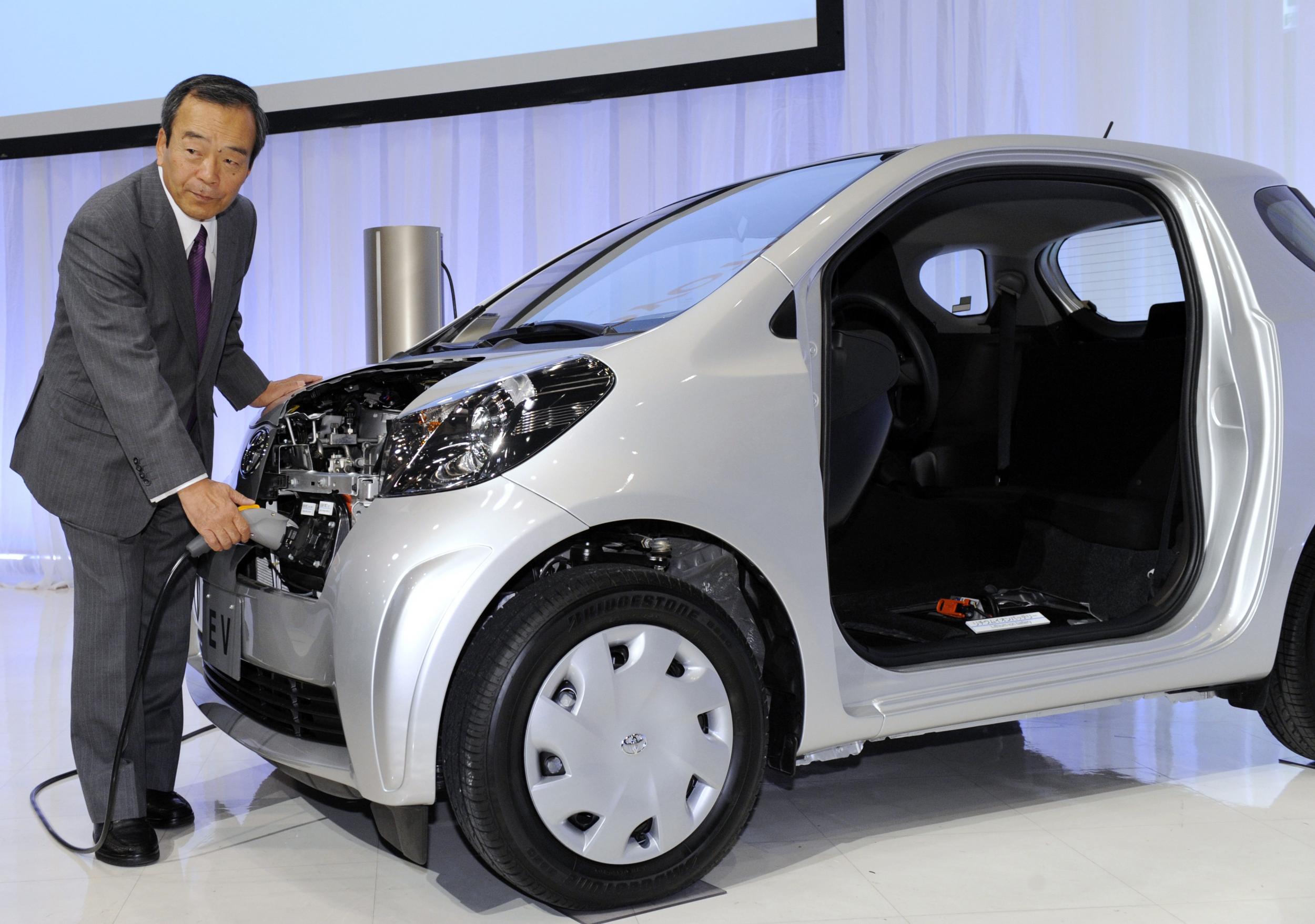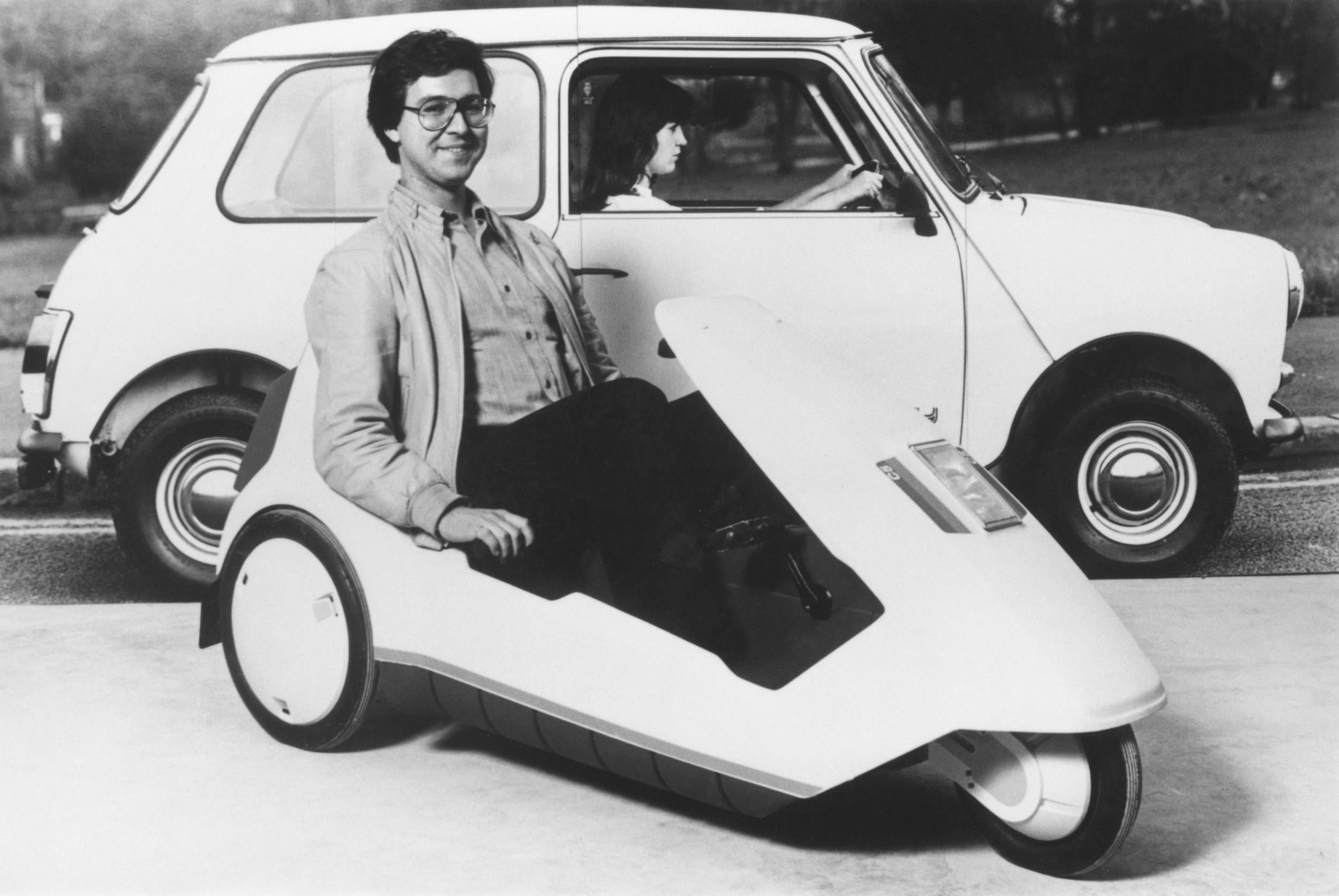Cambridge chemists make breakthrough with “ultimate” battery which can power a car from London to Edinburgh
Research published in the Science journal details how Cambridge chemists are tackling obstacles

Your support helps us to tell the story
From reproductive rights to climate change to Big Tech, The Independent is on the ground when the story is developing. Whether it's investigating the financials of Elon Musk's pro-Trump PAC or producing our latest documentary, 'The A Word', which shines a light on the American women fighting for reproductive rights, we know how important it is to parse out the facts from the messaging.
At such a critical moment in US history, we need reporters on the ground. Your donation allows us to keep sending journalists to speak to both sides of the story.
The Independent is trusted by Americans across the entire political spectrum. And unlike many other quality news outlets, we choose not to lock Americans out of our reporting and analysis with paywalls. We believe quality journalism should be available to everyone, paid for by those who can afford it.
Your support makes all the difference.Scientists have made a breakthrough at Cambridge University by solving issues related to a battery that, in theory, could enable a car to drive from London to Edinburgh on a single charge.
A research paper published in the journal Science details how the team at Cambridge University overcome obstacles in the development of lithium-air batteries. The batteries, touted as the “ultimate battery” theoretically have the ability to store ten times more energy than lithium-ion batteries.
But until now, unwanted chemical reactions and problems with efficiency associated with lithium-air batteries have plagued efforts by scientists to develop them.
The researchers at Cambridge are claiming to have solved a number of the issues and if the team’s laboratory experiment can be turned into a commercial product it will enable a car, on a single charge, to drive from London to Edinburgh.

Professor Clare Grey, one of the paper’s senior authors, said: “What we’ve achieved is a significant advance for this technology and suggests whole new areas for research – we haven’t solved all the problems inherent to this chemistry, but our results do show routes forward towards a practical device.”
But the report’s authors do warn that a practical lithium-air battery still remains at least a decade away – there are several practical challenges that need the batteries become a viable alternative to gasoline.
Prof Grey added: “While there are still plenty of fundamental studies that remain to be done, to iron out some of the mechanistic details, the current results are extremely exciting – we are still very much at the development stage, but we’ve shown that there are solutions to some of the tough problems associated with this technology.”
Join our commenting forum
Join thought-provoking conversations, follow other Independent readers and see their replies
Comments